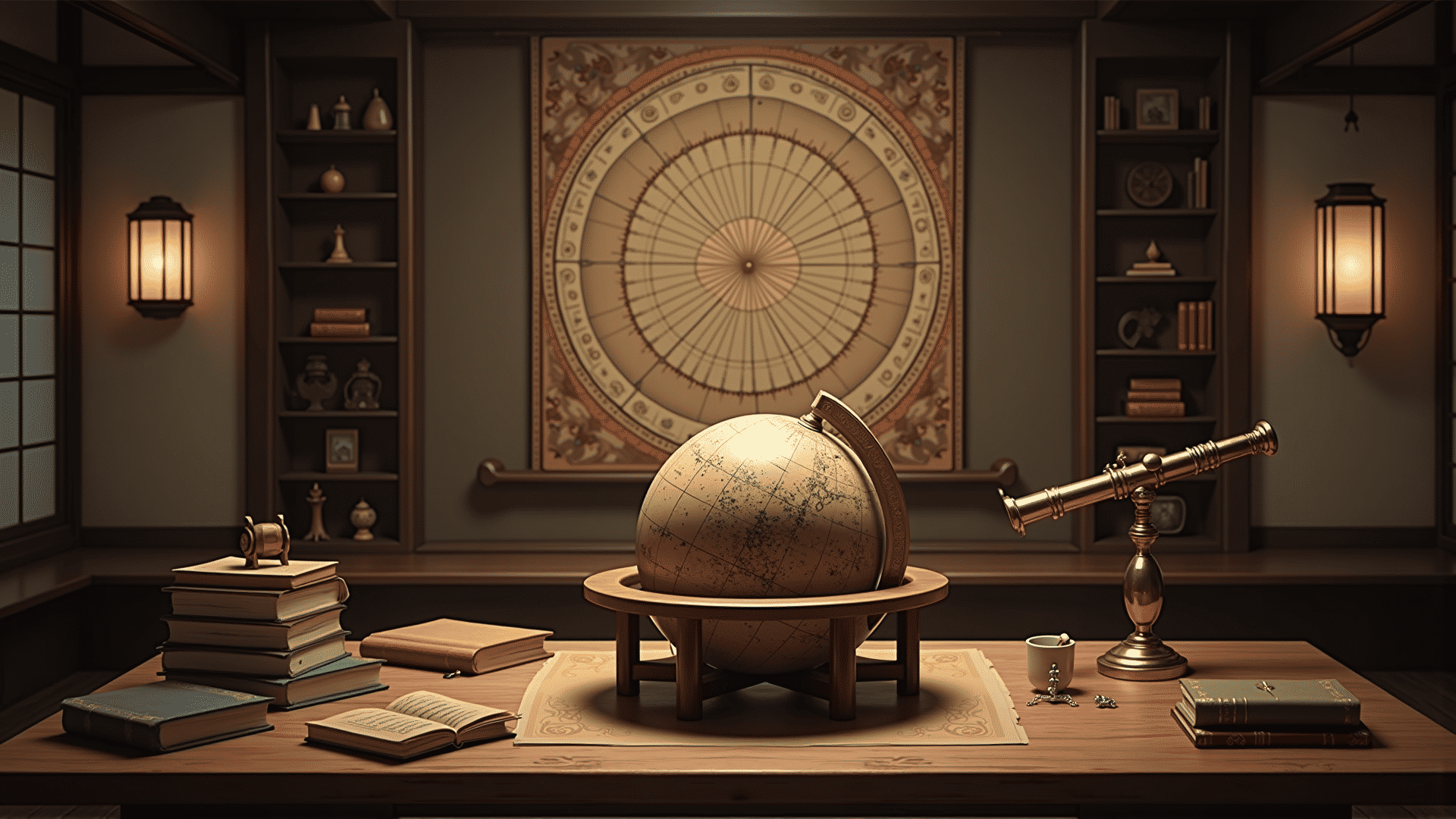Astrology, an ancient practice rooted in centuries of observation and interpretation, has fascinated humanity with its unique perspective on destiny and personal potential. At its core, astrology operates on the principle that the positions and movements of celestial bodies can offer profound insights into our lives. By understanding the basics of astrology, individuals can gain a clearer understanding of their paths and uncover the mysteries of their fate.
The fascination with astrology dates back to civilizations such as the Babylonians and Egyptians, who meticulously observed the heavens to correlate celestial events with terrestrial occurrences. This practice evolved over time, blending with Greek, Persian, Indian, and later, Western thought. Astrology's endurance through the ages is a testament to its deep resonance with the human psyche's quest for meaning and direction.
Central to astrology is the concept of the natal chart, a map of the sky at the moment of a person's birth. By examining the positions of the sun, moon, planets, and other celestial bodies, astrologers interpret the unique cosmic blueprint that is believed to influence an individual’s character, relationships, and life events. Each component of the chart — the twelve zodiac signs, twelve houses, and the various aspects between planets — offers insights into different parts of life, from personal identity to career path, and from love to spiritual growth.
The twelve zodiac signs, each representing distinct sets of traits and characteristics, are one of the most familiar aspects of astrology. Each sign influences how individuals express themselves, relate to others, and handle life's challenges. For example, Aries is known for its assertive and pioneering nature, while Pisces is celebrated for its empathy and intuition. Understanding one's sun sign — the sign where the sun was positioned at the time of birth — can be a starting point in exploring astrological influences.
Beyond sun signs, the moon sign—which reflects one's inner emotional world and subconscious mind—plays a critical role in astrology. Similarly, the ascendant or rising sign—representing the sign on the eastern horizon at the time of birth—depicts the outward personality and the first impression one gives to the world. Together, these three elements—the sun, moon, and rising signs—form the cornerstone of an individual's astrological identity.
Astrology also delves into the twelve houses, each corresponding to different areas of life, such as wealth, communication, family, and transformation. The planets' positions in these houses, along with the aspects they form with each other, help further refine the reading of a natal chart.
While some view astrology skeptically, dismissing it as mere superstition, others find profound value in its symbolic language and archetypal content. Astrology serves as a mirror, reflecting back the layers of our personalities and the challenges and opportunities we face. It encourages introspection and self-awareness, providing a framework through which one can navigate both external circumstances and internal states of being.
The beauty of astrology lies in its ability to empower individuals by illuminating possibilities rather than dictating a fixed path. It emphasizes patterns and potentialities rather than deterministic scripts, offering a supportive lens through which we can craft our destinies with insight and intent.
In harnessing the wisdom of astrology, individuals can align more deeply with their authentic selves, acknowledging both strengths and growth areas. Far from predicting a predetermined fate, astrology enriches one's journey with clarity, serving as a powerful tool for personal transformation and a trusted guide in life's unfolding mystery.
